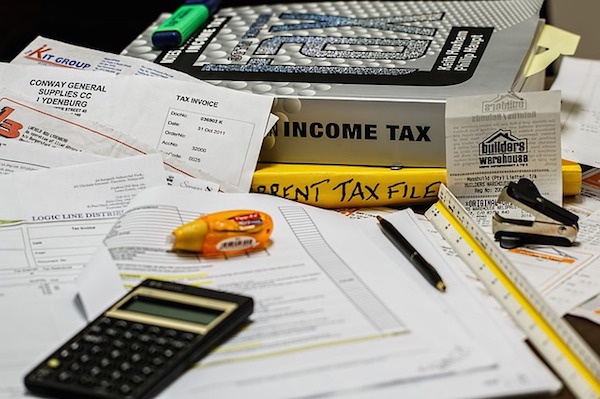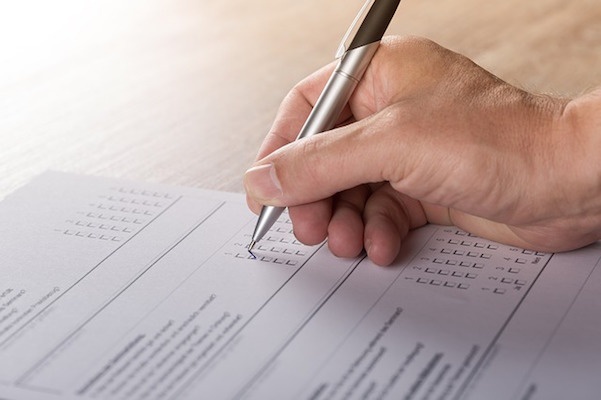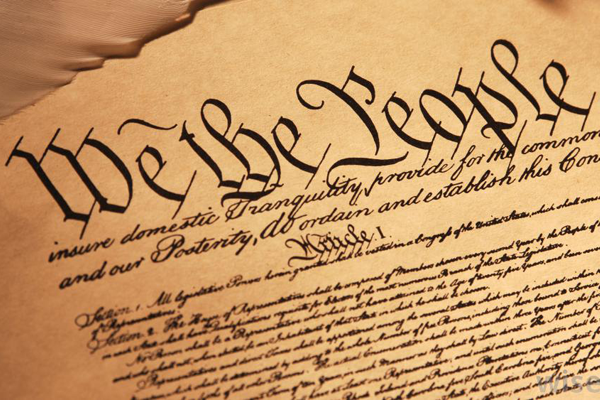Chances are if you have a secured debt listed on your bankruptcy (i.e. vehicle, second or third mortgage) you will be sent what is called a reaffirmation agreement from the lender. What this is, essentially, is a way for creditors to protect themselves from a total loss. Theoretically, you could simply stop making payments, surrender the collateral, and then have that debt discharged through your bankruptcy –a definite hit to the creditor.

What You Should Know: “Reaffirmation Agreement”
Chances are if you have a secured debt listed on your bankruptcy (i.e. vehicle, second or third...



















